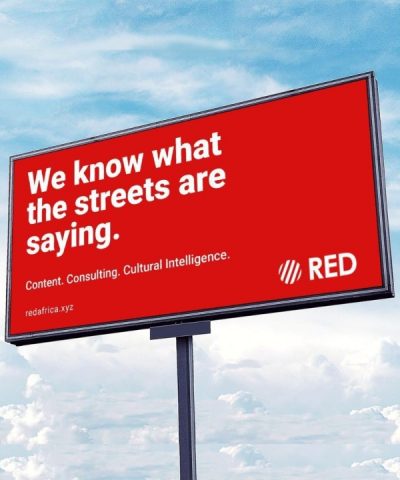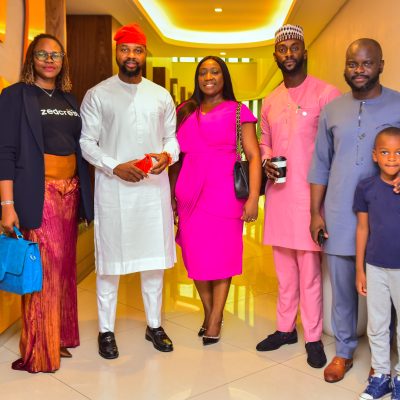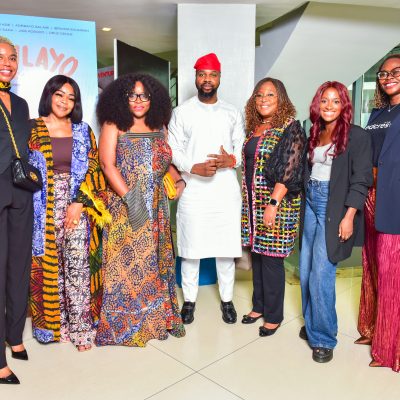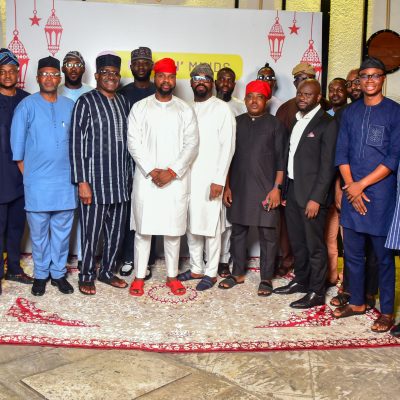
I wish I had the prescience to have a recorder in the room when the board chair erupted in pure joy, excitement coursing through the room.
“That’s the flywheel!” he thundered, marching towards the whiteboard to draw it out. “That’s what makes you guys special – you understand the culture, you interpret it, and you use it as a tool to give young people power that connects them to the establishment, or changes the establishment.”
I was on the brink of tearing up – even at this stage, still the boy out of school excited by building and deploying his first media product: “That’s it,” I said. “That’s our cause. That’s what we deeply believe, that we are profilers of the culture, that we are inroads into it, that we connect it to what matters for nations and communities, to drive people to take action. That’s it.”
It’s always a beauty when a strategic review process, that’s wide open and without expectations or ceilings, leads you right back home: where your heart is. Even if it doesn’t make sense to some others – including the MBAs who can’t label it.
It’s the challenge of the famous Peter Thiel job-interview question: “What important truth do very few people agree with you on?”
Incidentally, on the answer to this deeply important question, we disagree with Peter Thiel who believes that technology matters more than anything else, today.
We believe instead that culture is the real driver of societies.
Culture determines what moves people, what makes them act, what makes them stop or start, what makes them believe or not believe, what makes them engage or not engage. And it’s the stories that people believe and share about the culture that determine everything – what tech they use, what startups they permit to succeed, what malls they visit, what clothes they wear, and what movies they watch, how they pay for what they want, and even how they believe in God.
The stories about AI are more important than the AI itself. As are the stories about Big Data, globalization, open societies, democracy, migration, trade. The stories we tell and are told are the greatest determinants of how far these megatrends will go.
And at RED, we weave the most compelling stories through.
Finding organic ways to use rapidly evolving media to communicate with young people where they congregate, online or offline.
Understanding the cultural nuance behind why certain movements rise to mainstream access and helping in the amplification process as needed.
Finding people at the cusp of influence/impact and guiding them to mainstream success.
Creating platforms that serve as conduits between generations in power (the establishment) and the youth and societies that they lead.
We understand the multilayers of diversity across demographics, psychographics, and communities. The understanding of young people includes understanding the diversity that exists within them, even those not yet accepted by the mainstream, and using that insight and empathy to create platforms and products that bring all together.
With past and ongoing engagements – The Future Awards Africa, Accelerate Labs, Y! Africa, The Future Enterprise Support Scheme, REDx, amongst others – across at least 24 countries in Sub-Saharan Africa, and every state of Nigeria, we are on the streets along with the young people: speaking with them, working with them, listening to them, enabling and accelerating their work. Being on top of youth issues, desires, trends, conversations, motivations, tastes and actions in a continent with a median age of 18 keeps us on top, in the middle and at the edge of the culture, pop and emerging.
We believe deeply in young people. We believe in their capacity to change societies. We understand deeply that beneath their seeming dysfunctions are energies that if respected and thus harnessed, possess the spark that can transform humanity.
But it is not believing in young people that powers us, it is how we believe in young people. Everyone else thinks political and economic power is what helps young people amplify their voices and visions. We respectfully disagree. Our work, validated by the continent’s number one youth leadership platform, The Future Awards Africa, proves that both kinds of power are important, but what gives young people their power beyond anything else is cultural capital: their capacity to dictate trends, crown tools, and direct events.
We believe in enabling, guiding, co-creating and accelerating that cultural capital that then compels political and economic attention.
Unless institutions – governments, corporates, investors, philanthropists and others – understand this, they will not be able to make change that catches on, or that is sustained. Because everything, from the Arab Spring to placing youth in jobs in Africa, fails because decision-makers miss out on what makes things happen or change: Culture.
Formal structures don’t guarantee real change. PowerPoint presentations and bloodless data points don’t cause change. Real change happens in, around and at the edges of the culture.
Without paying attention to culture and then curating it thoughtfully, investment and engagement will never scale.
We are the inroad into the culture. We know what the streets are saying.
We know what moves people, what pulls them to act, what makes them raving fans. And we don’t just know it, we have the expertise, through storytelling, to articulate it, curate it, champion it, accelerate it, transform it, and then present/connect to those who need to make decisions that move nations and communities forward.
Data is easy these days to find, simulate and buy. Cultural insight – figuring out what makes people move and act everywhere from politics to music – isn’t. The cultural intelligence that has enabled RED co-create magic across Africa is our calling card.
And this is what made us all so excited that Monday morning last year, as our review brought us right back home.
We know what the streets are saying.
Ah… how that excites us to say boldly, fearlessly, unequivocally!
Young People. Culture. Storytelling. Africa.
Welcome, again, to RED.
Chude Jideonwo.




